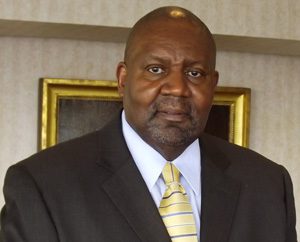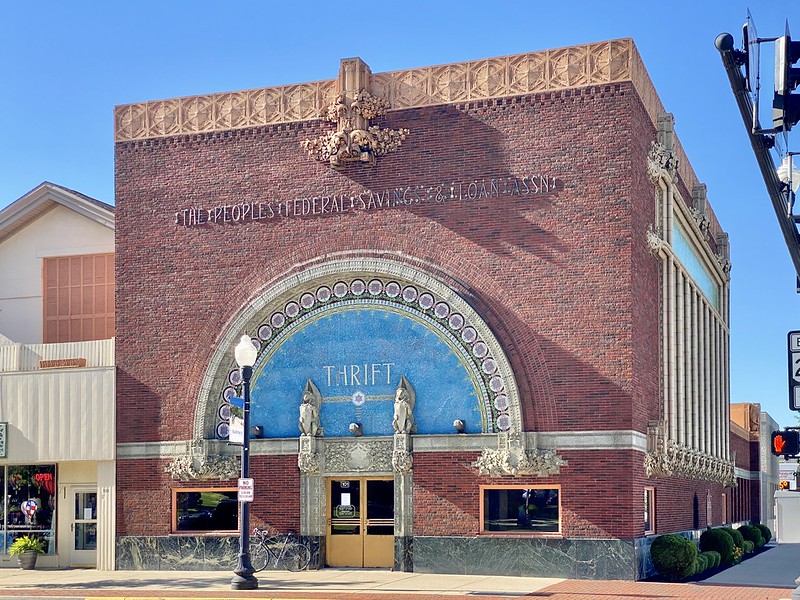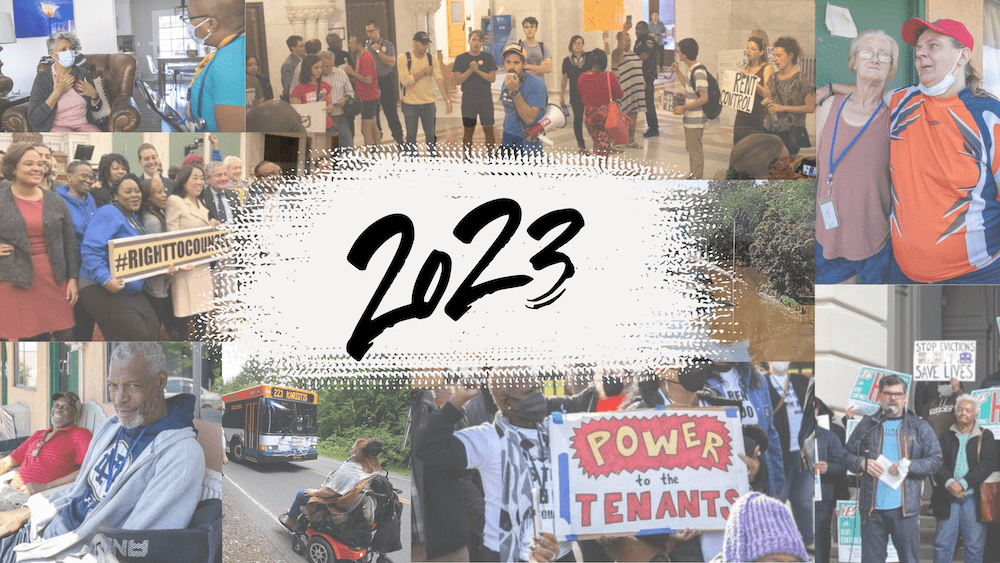
But leaders who want to make their organizations more socially responsible must also listen—really listen—to other stakeholders, including their toughest critics.
Six years ago, Bank of America developed an advisory panel that enables us to listen to a wide variety of viewpoints to help inform some of our decisions. Our National Community Advisory Council (NCAC) includes policy experts, community representatives, and consumer advocates whom we engage in candid conversations about the social and economic impact of our company's policies and practices.
The NCAC's independent members, whose professional backgrounds range from affordable housing and civil rights to community development and consumer advocacy, evaluate the products, policies and services that we offer through our retail banking channels. They also provide constructive and actionable feedback on corporate governance issues, including our structure, shareholder concerns and disclosure practices.
The bank invites members to serve and currently, leaders from organizations such as the National Urban League, NAACP, National Council of La Raza, Corporation for Enterprise Development, and Opportunity Finance Network are NCAC members.
We meet with the NCAC formally twice a year in sessions attended by our company's top leadership. We also consult with members informally throughout the year to advise us on important issues like home loan modifications, and consumer products and services. These are private, frank and sometimes difficult discussions. But there is no question that our business, practices and policies are better off because of them.
In 2010, discussions with NCAC members and consumer feedback helped drive our decision to become the first major bank to eliminate overdraft charges at the point-of-sale. If you try to buy a cup of coffee with your debit card and you don't have enough money in your account to pay for it, we simply decline the purchase, rather than assess an overdraft fee. While this decision caused us to forego some revenue in the short term, we agreed that it fit our long-term strategy of building higher-quality relationships with our customers.
More recently we reached out to NCAC members to provide input on our financial education programs including our efforts to provide more transparency and clarity about the homebuying process. We work with more than 550 housing counseling agencies approved by the U.S. Department of Housing and Urban Development on Connect to Own®, our homebuyer education program. We continue to encourage customers to visit our online tools, including the Home Loan Guide, which we offer in both English and Spanish.
This year, we also launched BetterMoneyHabits.com, a collaboration with the Khan Academy to provide bank customers and non-customers alike with free, self-paced, easy-to-understand online resources to develop better money habits.
We wanted to hear from the NCAC members about what kind of content would be most useful to their stakeholders. We asked for their feedback on our efforts with our community development program—what they thought was working, and even more importantly, what we could improve or change.
These examples don't mean that we're always in a position to implement every suggestion we hear from NCAC members. We constantly work to strike the right balance between our obligations to our shareholders and our responsibilities to the communities where we do business. But there is never a time that we don't benefit from having these conversations. With NCAC members, we have a clearer lens to recognize where and when our policies and practices will help our customers and communities.
The value we derive from our NCAC members has encouraged us to expand the council's scope this year to include additional issue areas, including environmental sustainability, workplace diversity, health and safety, and human rights. Our success in this area also prompted us in 2012 to create an international counterpart, our Global Advisory Council, comprised of 14 business, academic and public policy leaders who share their expertise and insights on the bank's global engagement and advise us on trends and emerging opportunities in local markets, including environmental and social concerns. The group met for the first time in March in Hong Kong.
Increasingly consumers are demanding that the companies with which they do business take more responsibility for their broader role in society. Companies are responding by more closely examining their social impact. What we have learned is that the knowledge business leaders uncover from this renewed focus often depends on who is part of the conversation, and the quality of those interactions.
Bank of America regularly solicits feedback through a variety of channels. Our team is online every day responding to consumers and advocates through on Facebook and Twitter. Our recently released 2012 CSR Report invited individuals to provide feedback, including listing the contact information for our CSR team.





Corporations have discovered consultative participation as an important tool for managing their brand. It is much less clear how much things like NCAC affect policies. However UCLA prof Edward Walker analyzes this sort of thing and finds that the most likely corporate users of these methods are also the ones that are the most reputationally challenged—a category that would definitely apply to BoA. According to his research the most likely users were tobacco companies, oil and gas exploration and production companies, and pharmaceutical companies. But that uses data from before the foreclosure crisis really unfolded. Hopefully he does a post-crisis analysis and we can see whether banks have collectively moved in this direction or whether BoA is distinctive.